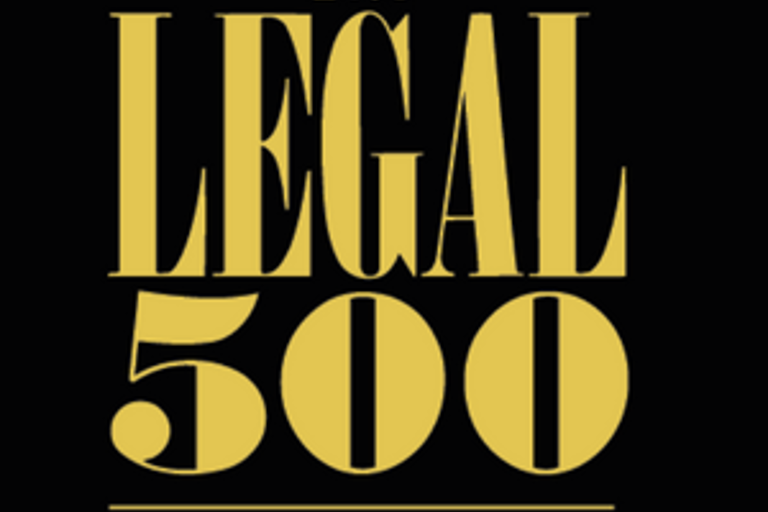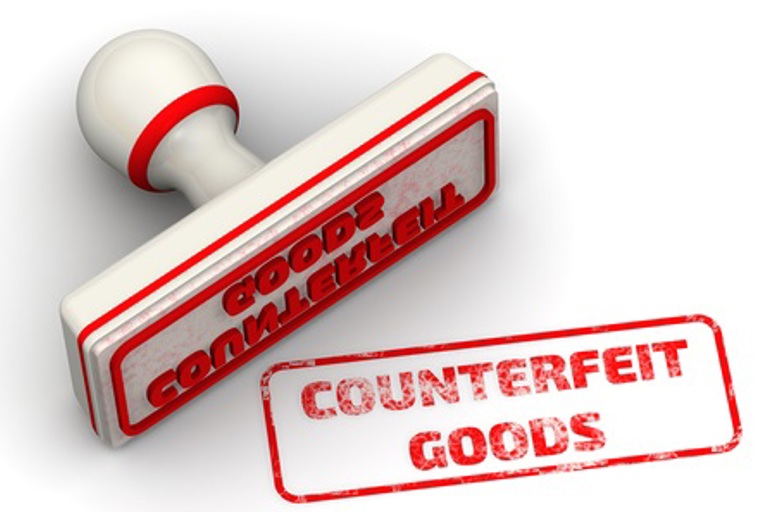
Smokey and the Bandit part #2
24 February 2021
The question to be answered by the Court was whether the seizure by Philip Morris – based upon its trademark rights - was justified or should be lifted as request by the owner of the goods, the company RPM.
In short: The Court of Appeal ruled that Philip Morris could not prevent the transit and argued that Article 9 (4) EUTMR does not apply to parallel import goods, but only relates to counterfeit goods. The seizure had to be lifted and Philip Morris was ordered to pay the costs.
The relevant clause in the EUTMR here is Article 9 paragraph 4 EU trade mark Regulation:
4. Without prejudice to the rights of proprietors acquired before the filing date or the priority date of the EU trade mark, the proprietor of that EU trade mark shall also be entitled to prevent all third parties from bringing goods, in the course of trade, into the Union without being released for free circulation there, where such goods, including packaging, come from third countries and bear without authorization a trade mark which is identical with the EU trade mark registered in respect of such goods, or which cannot be distinguished in its essential aspects from that trade mark.
The entitlement of the proprietor of an EU trade mark pursuant to the first subparagraph shall lapse if, during the proceedings to determine whether the EU trade mark has been infringed, initiated in accordance with Regulation (EU) No 608/2013, evidence is provided by the declarant or the holder of the goods that the proprietor of the EU trade mark is not entitled to prohibit the placing of the goods on the market in the country of final destination.
In first instance (October 2020), the Court in preliminary relief proceedings (Rotterdam Court) applied the aforementioned provision as follows:
(…) In view of the applicability of Article 9, paragraph 4 of the EUTMR and taking into account various facts and circumstances that could be related to illegal trade in tobacco products under the evasion of import duties and excise duties, it cannot be excluded that the fear of Philip Morris that the goods were ultimately intended to be placed on the market elsewhere without its consent, which would result in infringing acts, is justified, or at least could be.
On the basis of this article and taken into account all relevant facts and interest of both parties, the Court decided that the seizure of the batch of tobacco sticks was justified.
RPM successfully challenged this in appeal. The Court of appeal reasoned that that Article 9 paragraph 4 EUTMR. did not apply in this case (point 4.6), because:
According to paragraph 6 of its Preamble, the Anti-Piracy Regulation (APR) is expressly not applicable to (…) infringements resulting from so-called illegal parallel trade and overruns. These are excluded from the scope of Regulation. Counterfeit goods are defined in the APR as: “goods which are the subject of an act infringing a trade mark in the Member State where they are found and bear without authorization a sign which is identical to the trade mark validly registered in respect of the same type of goods, or which cannot be distinguished in its essential aspects from such a trade mark ". It must be deduced from the almost identical wording used in Article 9 (4) EUTMR that this provision - just like the APR - does not pertain to authentic trade mark goods.
The Court of Appeal further substantiated reasoning by referring to the genesis of this provision, which was an elaboration of the Philips / Nokia cases in which the sole aim was to combat trade in counterfeit goods. Reference is also made to the proposal of the European Commission that led to the amendment of the Regulation: According to the explanation of the European Commission accompanying the proposal for the introduction of this provision (European Commission document COM (2013) 161 final dated 27 March 2013) it was explicitly introduced to improve the trade mark proprietor's position to take action against non-Community counterfeit goods. (point 4.7. in Court’s decision)
Furthermore, the Court of Appeal refers to the explanation of the amendment in the Benelux Treaty, in Article 2.20 paragraph 4 BCIP. The focus is clearly on combating counterfeiting, according to the Court of Appeal:
The Joint Explanatory Memorandum shows: The adaptation is introduced to allow for enforcement action against non-Community counterfeit goods. (…) "The rights of the trademark proprietor are strengthened in several respects. Thus (...) the possibilities to act against counterfeit goods in transit are enhanced.
According to the Court of Appeal Article 9 paragraph 4 EUTMR. therefore is not about combating trade in goods whose trademark rights have been exhausted, but about combating counterfeiting. If it had been counterfeit goods, the seizure would have been justified and RPM could not have successfully lifted it, on the basis of its IR wordmark “HEETS” also registered for Philippines (IR 1326410).
What looked promising in first instance now Philip Morris had to witness going up in smoke.
http://deeplink.rechtspraak.nl/uitspraak?id=ECLI:NL:GHDHA:2020:2549
Want to know more? Please contact:

Post Now, Pay Later: Sued for Posting a Photo of Yourself

LXA ATTORNEYS ACCOMPANIES RECORD NUMBER OF TRANSACTIONS IN 2024

LXA Attorney Gie van den Broek has contributed to the October 2024 ECTA Bulletin report

LXA Attorneys Joins Unifab’s College of Experts

Post-Brexit exhaustion of trademark rights: what you need to know!

LXA wins lawsuit against counterfeiters for Coty

Team franchise Exclusive Contributor 2023 Legal 500

Amsterdam Criminal Court Rules Against Counterfeiters Accused of Habitual Money Laundering (1)

Amsterdam criminal court rules against counterfeiters accused of habitual money laundering

